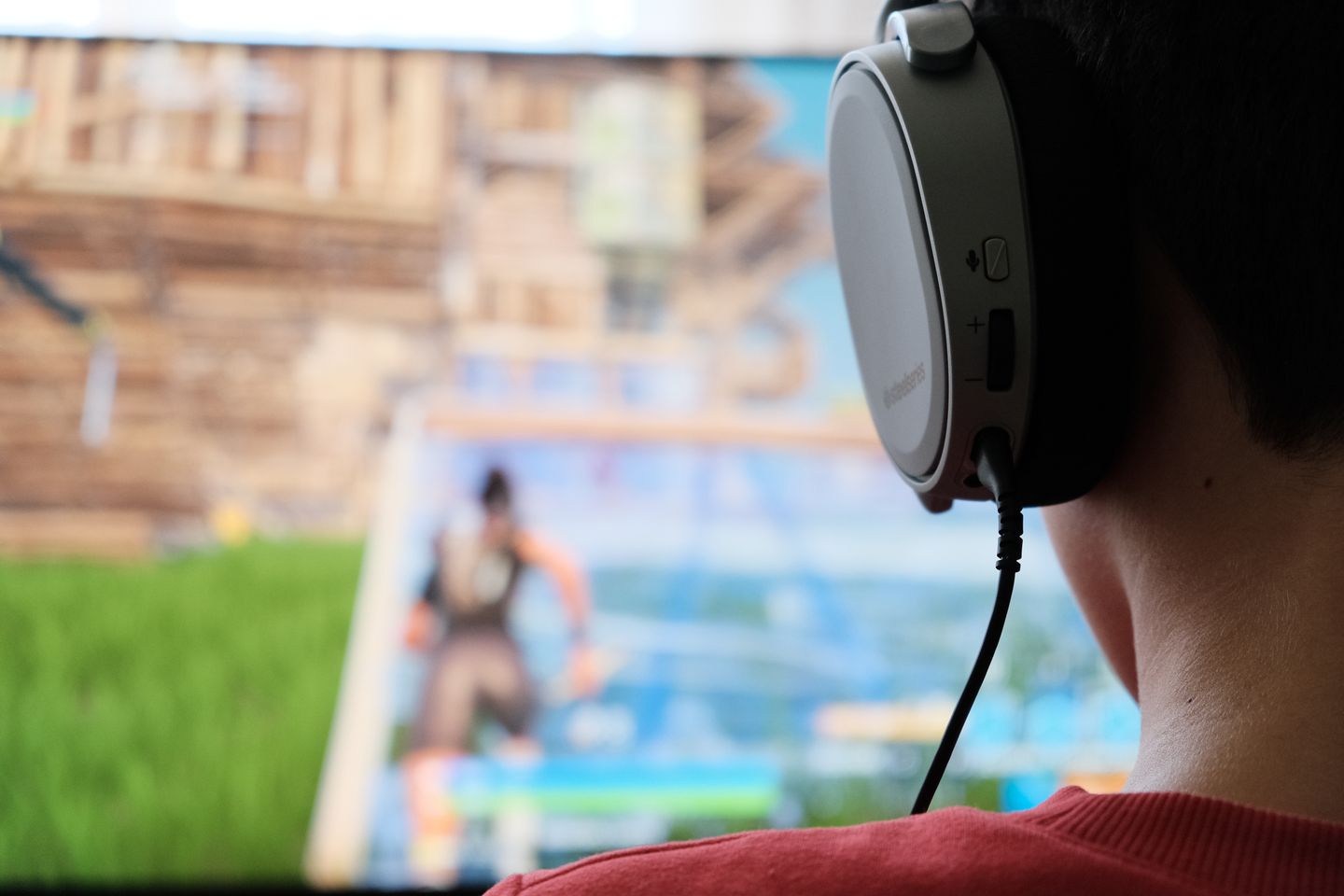
Don’t miss the full story from our staff writers, whose reportage is the basis of this article.
A comprehensive Canadian study from the University of Sherbrooke has revealed a concerning link between video game usage and declining academic motivation among school-age boys. The research, published in Psychological Medicine, followed 1,631 children in Quebec over three years, from ages 7 to 10, during the early 2000s.
The study’s key finding showed that each additional hour boys spent gaming at age 7 corresponded to a 2% decrease in academic motivation by age 8, with this negative trend persisting through age 10. Lead researcher Gabriel Tiraboschi noted that this effect was not observed in girls, potentially because boys in the sample spent significantly more time gaming — averaging one hour daily compared to girls’ 30 minutes.
Researchers’ findings showed that gaming drives declining academic motivation, not the reverse. Boys and girls with existing low academic motivation did not increase their gaming time, confirming that video games themselves are the catalyst for reduced interest in learning reading, writing and mathematics.
The implications are significant given that roughly 90% of North American school-age children play video games. Child advocates offered varied responses to the findings. Melanie Hempe from ScreenStrong.com recommended avoiding video games entirely during middle and high school years, advocating for real-life activities instead. However, Daniel Buck from the American Enterprise Institute cautioned against broad conclusions, noting the study didn’t differentiate between game types.
Several experts highlighted important limitations and considerations. The study referenced earlier research linking academic disruption to three or more hours of daily gaming. Scott Kollins from Aura pointed out that the data came from 2005-2008, predating highly addictive multiplayer games like Fortnite, which launched in 2017 and has since dominated the gaming landscape among boys and young men.
Kris Perry from Children and Screens emphasized that the research aligns with other studies showing boys are more susceptible to gaming impacts while girls face greater risks from social media. The distinction between single-player story games and multiplayer battle games remains an important area for future research.
Education historian Jonathan Zimmerman viewed the findings as evidence that adults have surrendered too much control over children’s socialization to private media companies, calling for stricter parental, educational, and legislative controls on youth screen time and content. The study underscores growing concerns about balancing digital entertainment with academic development during crucial formative years.
Read more: Study finds video games lead to decreased learning interest in boys
This article is written with the assistance of generative artificial intelligence based solely on Washington Times original reporting and wire services. For more information, please read our AI policy or contact Ann Wog, Managing Editor for Digital, at awog@washingtontimes.com
The Washington Times AI Ethics Newsroom Committee can be reached at aispotlight@washingtontimes.com.











